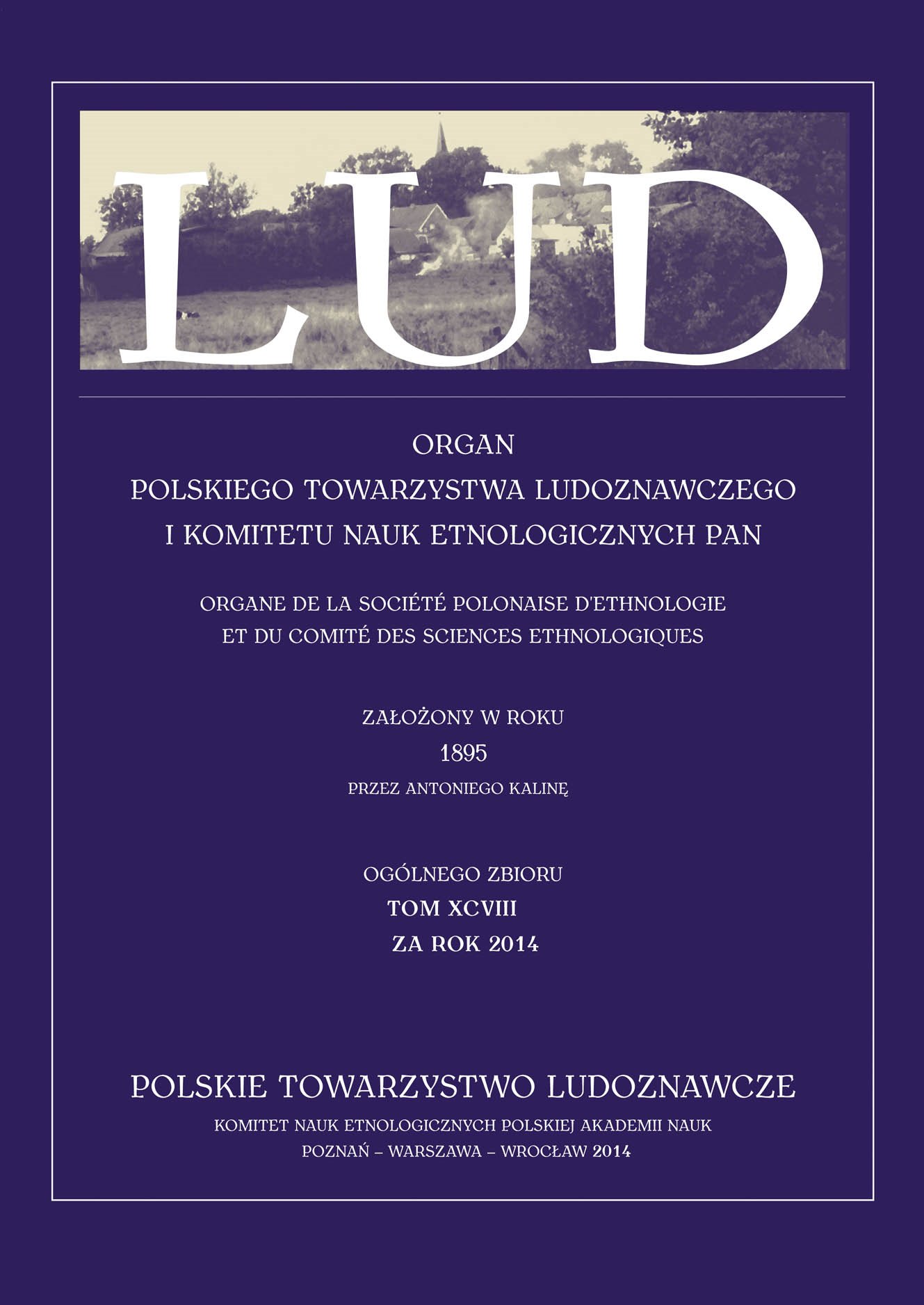PRZEGRZANIE AUTENTYCZNOŚCIĄ. POMIĘDZY SWOJSKOŚCIĄ A OBCOŚCIĄ W WIELOZMYSŁOWYM DOŚWIADCZANIU INDII PRZEZ TURYSTÓW TRAMPINGOWYCH
OVERHEATING WITH AUTHENTICITY. BETWEEN FAMILIARITY AND OTHERNESS IN MULTISENSORY EXPERIENCING OF INDIA BY TRAMPING TOURISTS
Author(s): Natalia BlochSubject(s): Geography, Regional studies, Cultural Anthropology / Ethnology, Tourism
Published by: Polskie Towarzystwo Ludoznawcze
Keywords: tourism imaginaries; hot and cool authenticity; multisensory experiencing; familiarity – otherness; Orientalism; mobile ethnography; tramping tourism; India;
Summary/Abstract: In the article I pose a question to what extent expectations towards the „authentic” experiencing of the Otherness shaped by the tourism industry determine the way tourists perceive it, and to what extent such perception escapes the interpretative schemes imposed by tourism imaginaries. I use the case study of tramping tourism to India – an alternative to the mass tourism, individualized but organized form of collective travelling. Tramping builds its attractiveness on the promise of „real” contact with the people and their culture; it offers the possibility of having a look „at the backstage” of the spectacle staged by the tourism industry. Particularly, it promises to fulfil a need for, as Tom Selwyn named it, „hot authenticity” that can be experienced by multisensory reception of the reality. In other words, tramping promises the tourists that they can be „non-tourists”. However, fueling this need often overwhelms tourists who are used to perceiving the reality through a distancing gaze. While thrown into multisensory-scapes, they cannot handle the surplus of impulses. I call this phenomena „overheating with authenticity in experiencing of Otherness”. It leads to seeking refuge in familiarity and sense of belonging provided by „people like us”, i.e., travel companions and the culture broker played by a tour guide. Moreover, overheating with authenticity may contribute to reproducing the nature versus culture dichotomy, crucial for Saidian Orientalism, in which the world of senses ascribed to the Other is positioned as subaltern to the restrained, guided by the rational view „the West”. Therefore, I call not only for moving beyond the visualism of Western epistemology by including sensorial experiences into our cognitive spectrum, but also for taking into account other physical sensations present in the tourist contact with Otherness, which usually escape the researchers’ (overvisualised) attention.
Journal: LUD
- Issue Year: 98/2014
- Issue No: 1
- Page Range: 181-204
- Page Count: 24
- Language: Polish

